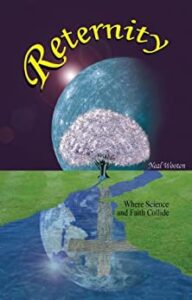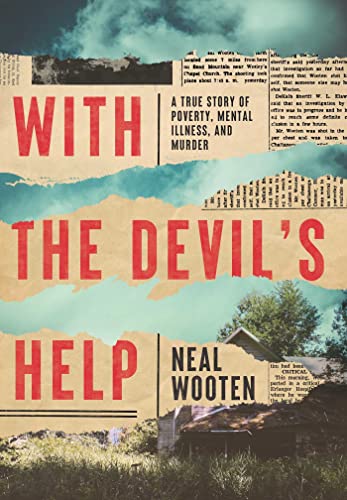by Neal Wooten

I completed my first manuscript in 2009, a Christian sci-fi novel titled Reternity. It’s a play on words between “Return” and “Eternity.” See, it’s a time travel story where the main characters travel beyond Judgement Day. Don’t worry if you don’t get it; no one did. Hence, my first lesson learned was—don’t be too clever.
But the defining lesson came when I tried to get a literary agent. I had worked long and hard to get the story as clean as possible and even paid a professional company to proof it. Then I sat my naïve little self at my computer and began sending my finely-crafted query letter (sarcasm) to every literary agent I could find.

The answer: I was nobody. Not in this world. I didn’t realize the landscape had changed so drastically since the days of Harper Lee (also from Alabama) and Norman Maclean, who wrote A River Runs Through It, back when the most important thing was how good the manuscript was. Don’t get me wrong; I do not pretend to be on the same writing level as Norman Maclean. The only thing our memoirs have in common is they both include an idiot brother named Neal.
Feeling defeated, I eventually released Reternity as an Indie title in 2011, and it did awesome. It won ten book awards and was named to Kirkus Reviews Best of 2011. Take that, you literary agents.
Over the next decade, I continued to write fiction. As I built up accolades and a reader base, I also continued to query literary agents. And I also continued to receive rejection after rejection. If all my rejections were in printed form, I could wallpaper the inside of my house. Eventually, the sting got less painful until I was completely numb.
But I was enjoying my role as an Indie author. I have a lot of fans who offer to proofread to be first in line to read my new books, so the speed at which I can release a new title is amazing. Being an Indie author also gave me total control of the format, cover design, and pricing, and the money I make per book is much better.
Finally, in my mid-50s, after I had published 18 books of fiction, from children’s books to novels, I decided to tackle my memoir, a story I had been too embarrassed to write before now. When the manuscript was completed and clean, I did something I haven’t done in years—I sent it to a literary agent. One major NYC literary agent.
A week later, I received an email in return. It consisted of only two sentences. “I love this. I would love to represent it, and you.” I was as numb to this email as I was to the rejections. You’d think I would have been doing cartwheels, metaphorically speaking, of course, but nada. I did sign with her and my understanding of the industry changed dramatically.
For one thing, instead of getting rejections from literary agents, I was now getting them from major publishers. In fact, I got 34 in all. But I also finally got two offers, one of which I accepted.
Now, another major difference, the time and work that goes into the final product is extensive and exhausting. Fourteen months of rewrites, editing, and adding material suggested by both my agent and publisher, great suggestions, has left me completely drained. And I had no control over the format or tiny percentage of royalties.
I did, however, receive a nice advance for the hardcover book from my publisher and later for the audiobook from another company, and the literary agency’s movie agent is trying to sell it as a movie. That’s no doubt a long shot, but still, for all these people to have that kind of faith in my book is quite humbling. All this is not only new to me… but really freaking cool.
My book, With the Devil’s Help: A True Story of Poverty, Mental Illness, and Murder is due out September 6. But it was my roots as an Indie author that got me here. And it was my roots as a hillbilly kid from the Deep South that finally got the attention of a literary agent.
Who’d thunk it?
